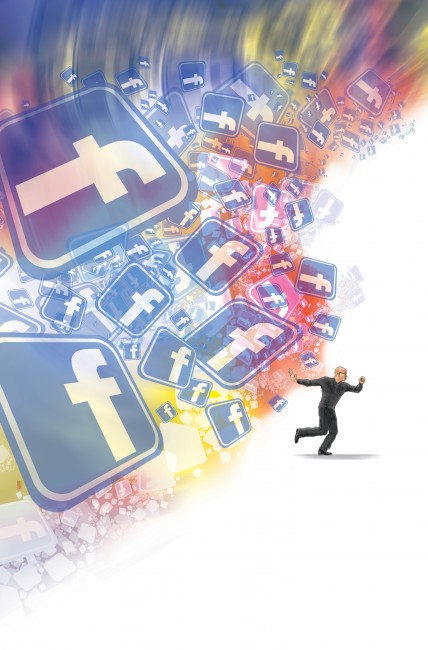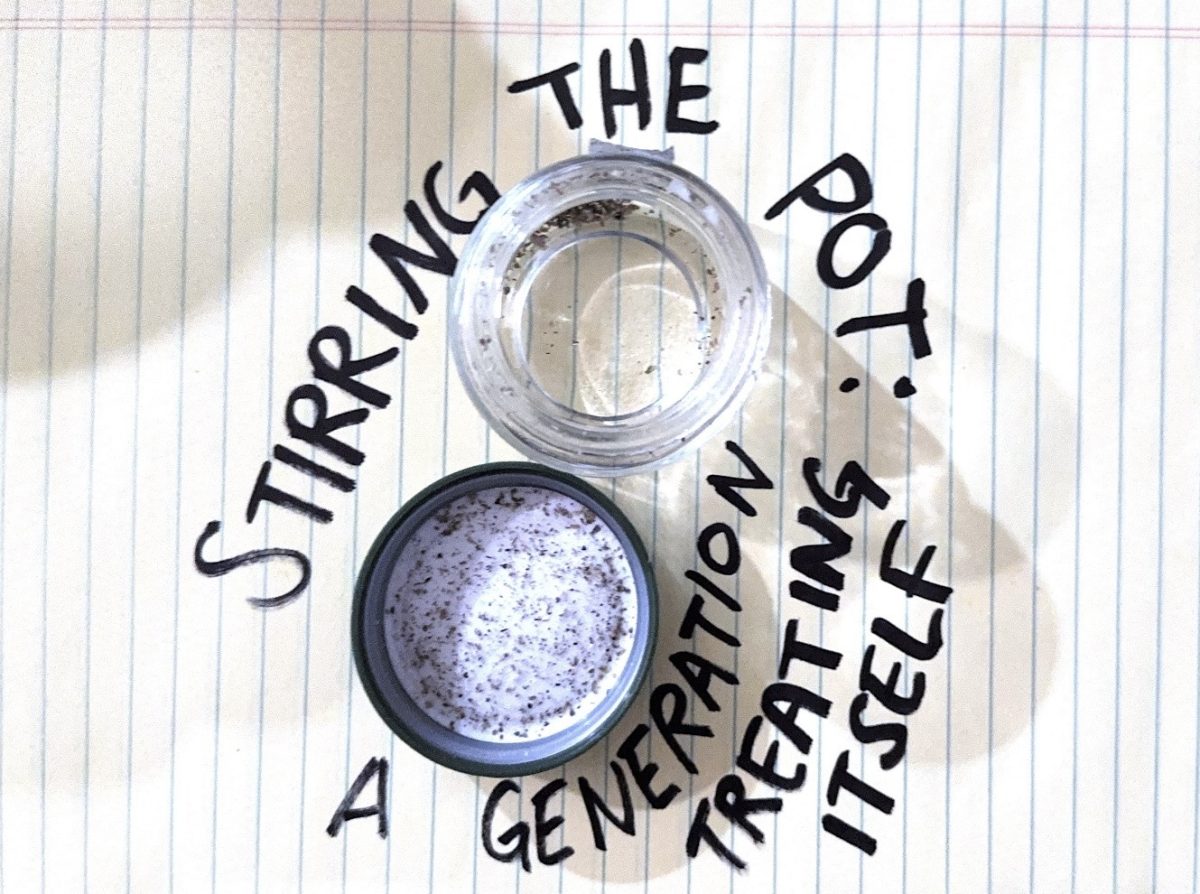Social media is a prominent form of communication, and it gives us entertainment with other posts, pictures and updates.
As we scroll through our Facebook, Instagram and Twitter feeds, we choose to either “like” or ignore what others post. Considering most people in this generation have some form of social media account, a good amount of time is spent on these sites, and it has a psychological effect on people.
Researchers find that the more time people spend on social media, the more depressed they become when comparing their lives to others. By constantly referencing the pictorial perfection that is portrayed through social media accounts, it makes people feel bad about their own lives for not seeming as exciting and perfect.
On top of feeling depressed by comparing our lives to others, depending on the amount of likes and dislikes we do and do not receive, the depression may intensify.
People use social media as a way to get attention from others. Those that are not getting as many likes as others, are seen as less popular and less appealing to the rest of the world.
CSUN journalism major, April Preciado, says that getting likes serves as an ego boost.
“I feel like it may help a person’s self esteem go up because they’re getting likes,” Preciado said. “They feel like ‘wow, I guess I am attractive or I make good points’ on whatever he or she posted.”
She continued, saying that getting likes on her posts makes her feel like others are listening and interested in what she has to say or show.
“We feel like as if we are important or hold some kind of title because people are listening to us and they agree with whatever we are saying,” she said. “Truth be told, I feel like everyone loves the attention at the end of the day.”
Preciado posts articles that she writes and says that when she gets likes on them, she feels empowered.
“I use it as a form of motivation to keep going strong and not give up,” she said.
However, not all people care too much about the likes they receive. Twenty-one-year-old, kinesiology major, Spencer Schutt, posts updates and statuses to relate to others rather than use the likes to boost his self-worth.
“It isn’t a matter of feeding my ego,” Schutt said. “It’s more of a way to see if people see what I see or understand what I do. It’s a form of connection in a sense.”
Despite the fact that not everyone is obsessed about how many likes they get, studies have linked the effect of likes on your brain to that of taking drugs for recreational pleasure.
When getting likes, the reward system in the brain is activated and releases dopamine, causing people to associate likes with the same pleasure one may feel from taking narcotics.
On the opposite end of the spectrum, studies show that a lack of likes is also linked to depression in some who feel they go unnoticed, are not important and are not well-liked.
Twenty-two-year-old child development major, Joyce Dyels, affirms the belief that a lack of likes adds to people’s low self-worth and overall unhappy outlook on their own lives.
“I feel like if people post selfies where they’re all dressed up and don’t get any likes, it makes them feel unattractive,” Dyels said. “The more likes someone gets, the higher their self-esteem is, because they feel liked by other people.”
The influence that social media has on today’s population is staggering. Oftentimes, people don’t consider the tremendous influence it can have on someone’s outlook and overall mood.
“It’s crazy how much social media can affect people’s view of themselves,” Dyels said.






